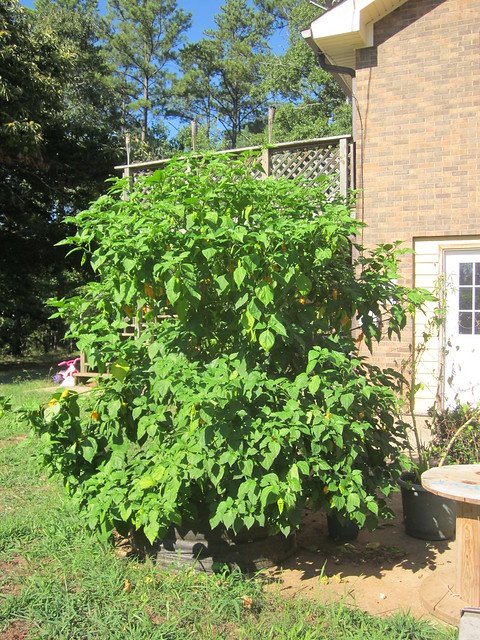The organic matter does not leave salts nor pollute the water table like chemical fertilizers!Busy said:What's the difference between decaying organic matter that produces a nitrogen molecule, and that same molecule of nitrogen after the fact?
Why kill the soil food web when it's not necessary? A healthy rhizosphere does the work for you so why make it more work by killing it, feeding the plants chemicals which then kills what life the food web has started to create and then you do it all over again. It's a never ending battle. No till has become popular for the reasons I mentioned not the price of diesel; at least to the average person who wants to grow organically.Busy said:Bottom line is both methods work. But I can promise you that if diesel was still a dollar a gallon, "no till" would never have happened.
Why don't you look into the work of Dr. Ingham and others who are soil scientists not commercial farmers.
What that has to do with soil science is beyond me.Busy said:
Does a beer can crush more than an already crushed beer can ?

